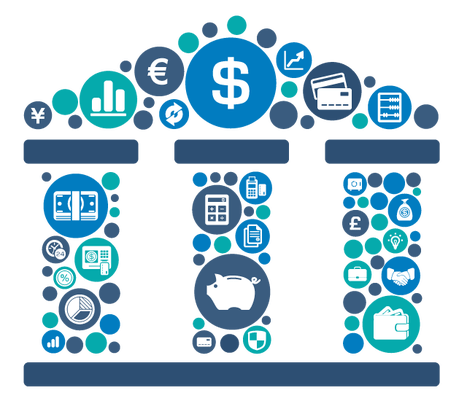
What is open banking and how will it affect you?
Open banking is being phased in from July 2019, making it easier for you to switch banks and get a better deal. It could even result in fintechs being a more viable option for you over a traditional bank.
But what is open banking exactly, how much control will it give you over your own data, and what are banks doing about potential privacy issues?
What is open banking?
You might not be familiar with the terms ‘open data’ or ‘open banking’. They relate to another concept most Australians might not have heard of – the Consumer Data Right.
The issue of who owns a consumer’s data – the consumer or the organisation that collected it – has long been a legal grey area. In early 2017 the Productivity Commission released a report recommending the federal government introduce a Consumer Data Right (CDR) to “improve consumer control over the data which businesses hold about consumers’ use of their products and services”.
The CDR gives Australians the right to move their data around, making it easier to access your data – such as the financial information your bank has on you – and share this with other businesses. This open data environment is expected to ramp up competition and allow consumers to negotiate better deals and save money.
Australia’s banking sector will be the first application of the CDR. But where open data is accessible to anyone, open banking only lets businesses access your data once you’ve authorised it. Open banking is being phased in from 1 July 2019, with the energy and telecommunications sectors likely to follow.
Will open banking save me money?
While the inner workings of open banking may seem dull to some, the real-world consequences are anything but. When launching the report he commissioned, then-Treasurer Scott Morrison said, “Open banking will revolutionise the financial services sector, completely transforming the way Australians interact with the banking system by giving consumers the right to share their data with other banks, other institutions and innovative fintechs, and get themselves a better deal.
To read more, please click on the link below…


